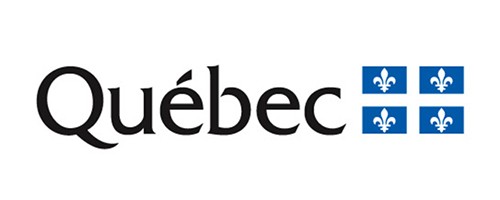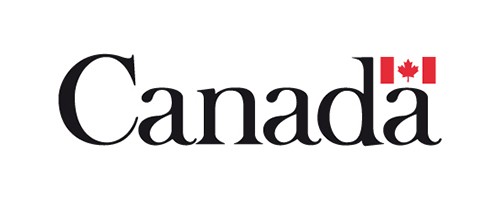According to the results of KPMG’s Competitive Alternatives 2014 released this morning, the Quebec City metropolitan region ranks #1 worldwide among urban areas with 500,000 to two million inhabitants. Overall, business location costs are 9.3% lower in Quebec City in relation to the US average. This is a net improvement from 2012, when this cost advantage was 5.8%.
In terms of competitiveness, Quebec City placed first among similarly-sized cities and also performed strongly among cities in all size categories, coming in sixth worldwide. Among the 15 Canadian urban areas featured, only Moncton and Charlottetown edged out Quebec City, which came in third (up from sixth in 2012) ahead of Montreal, Winnipeg, Toronto, Edmonton and Vancouver.
KPMG’s biennial study offers an independent comparative analysis of business operating costs, including labour, facilities, transportation, utilities and taxes. The benchmark is the average result for US cities. The 2014 edition compares 107 cities from 10 countries in North America, Europe and the Asia-Pacific region.
KPMG’s study focuses on 19 economic areas. Once again this year, the Quebec City region gained distinction for its services and manufacturing sectors, both of which had lower costs than the average for US cities. Quebec City’s cost advantage was 21.4% in the services sector and 4.3% for manufacturing, good for first and second place respectively in the worldwide rankings of similarly-sized cities.
Quebec City’s competitive advantage is particularly strong in the area of R&D, where it came in second worldwide among similarly-sized cities thanks to impressive showings in clinical trials (25.3% cheaper), electronic systems development (24.6 %) and biotechnology (19.3 %). Digital services are also a source of strength for Quebec City, which took first place thanks to its competitive edge in video game production (25.6 %) and software development (18.8 %). It also ranked first for business services, supported by international financial services (24.6 %) and shared services centres (14.9 %). Although it only accounts for 6.4% of the regional economy, Quebec City’s manufacturing sector is also ranked #1 worldwide, with special emphasis on medical equipment (6.6%), pharmaceutical products (5.4%) and telecom equipment (5.4%).
“These excellent results confirm that the Quebec City region has what it takes to attract investors and to enable local companies to be competitive on a global scale. Our economic performance over the past few years has been excellent. In addition, our industrial base is strong and diversified, while taxes and costs are low. The region now has world-class infrastructure. These competitiveness factors, combined with our quality of life and our talented entrepreneurs, are powerful drivers of our economic success,” said Carl Viel, President and CEO of Quebec International.
About Quebec International
Quebec International contributes to regional economic development and promotes Quebec City’s international standing. As the region’s pre-eminent economic development agency, Quebec International fosters business growth, supports key economic clusters and attracts talent and investment. For further information on the study findings for the Quebec City region, please visit www.quebecinternational.ca/kpmg2014.
KPMG’s Competitive Alternatives 2014
Competitive Alternatives, a biennial study conducted by KPMG, compares various locations in the NAFTA countries and the main mature markets. It also contains highly useful information for companies wishing to do business abroad. To consult the unabridged version of the study, please visit www.competitivealternatives.com.





